The sacred grounds of the Kaaba Sharif in Mecca, revered by millions worldwide, have unfortunately witnessed instances of misconduct, particularly during the holy month of Ramadan and the Hajj pilgrimage. Despite its sanctity, unethical behavior occasionally tarnishes this holiest of sites, prompting authorities to take swift action.
In a recent report by Gulf News, it was revealed that Saudi Arabia has taken strict measures to address such incidents, with over 4,000 worshippers arrested for misconduct at the Kaaba during Ramadan. These arrests were made possible through the diligent monitoring of CCTV footage, enabling authorities to apprehend wrongdoers and maintain order within the sacred precincts.
Additionally, Saudi authorities have identified and shut down 35 fraudulent companies accused of deceiving foreign pilgrims. This crackdown on unethical practices underscores the government's commitment to upholding the sanctity and integrity of religious rituals, ensuring a safe and respectful environment for worshippers.
The influx of pilgrims to the Kaaba during Ramadan poses unique challenges, prompting the Saudi Ministry of Hajj and Umrah to implement measures to manage crowds effectively. Among these measures is the recommendation for worshippers to pray at their hotel accommodations, especially during the last ten days of Ramadan, to alleviate congestion at the holy site.
Furthermore, to mitigate overcrowding, Saudi Arabia has limited pilgrims to performing Umrah only once during Ramadan, a decision aimed at maintaining a manageable flow of worshippers and reducing the risk of disruptions. These proactive measures aim to facilitate a serene and undisturbed worship experience for pilgrims during this sacred time.
As the faithful gather to observe Ramadan and engage in spiritual reflection, Saudi authorities remain vigilant in safeguarding the sanctity of the Kaaba and preserving the solemnity of religious rituals. Through stringent enforcement and preventive measures, they seek to uphold the reverence and dignity befitting the House of God, ensuring that worshippers can partake in their devotions with peace and reverence.



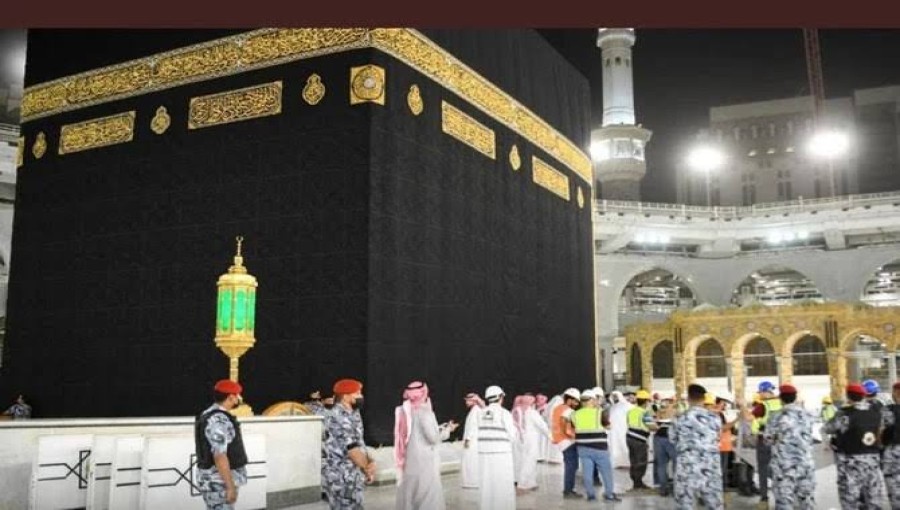

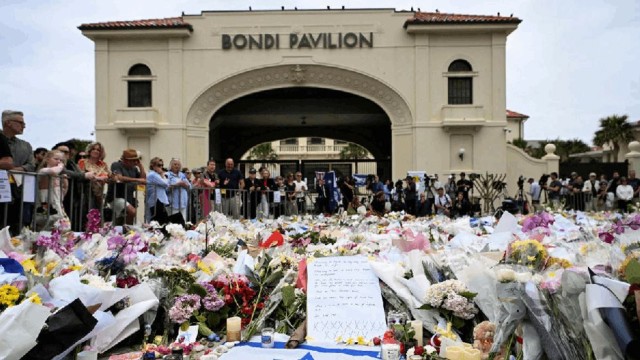

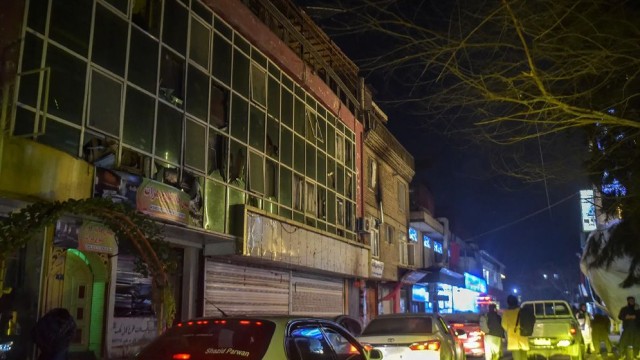


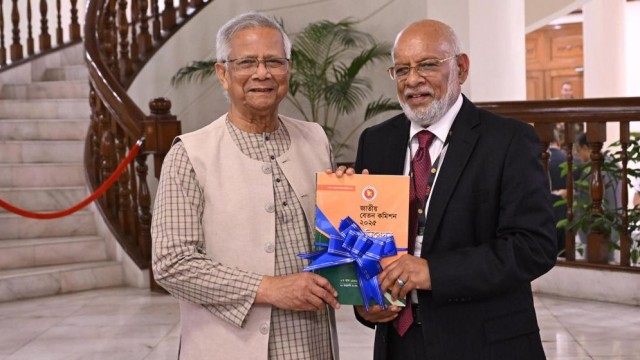



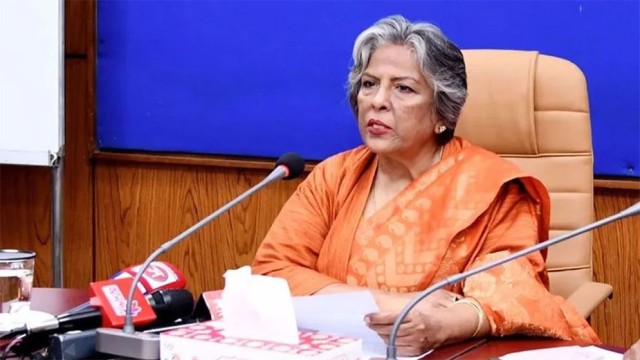
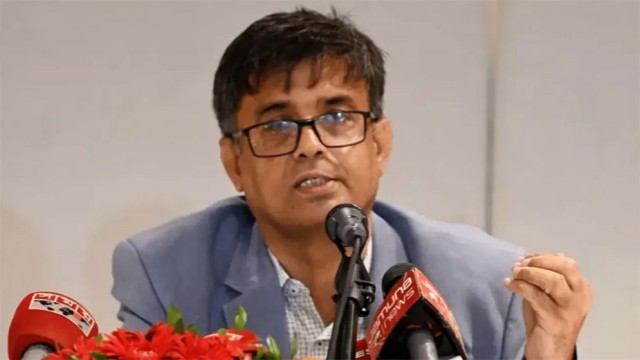

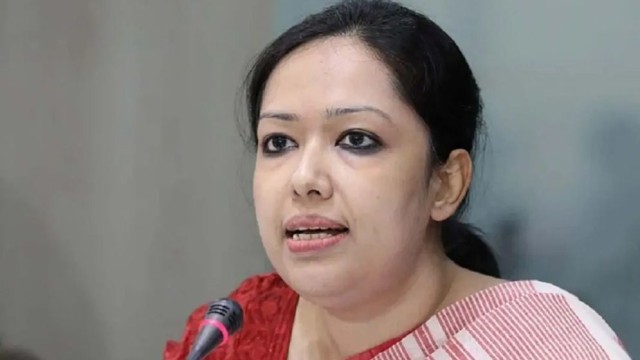
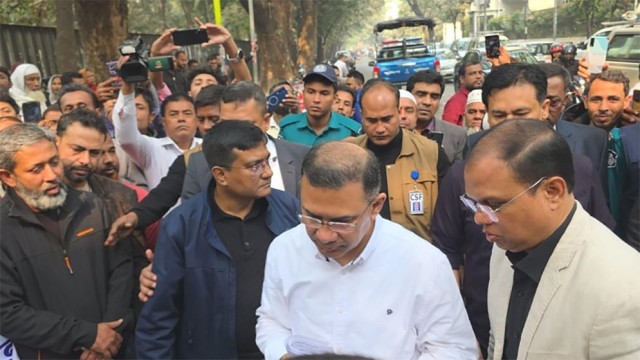












Comment: